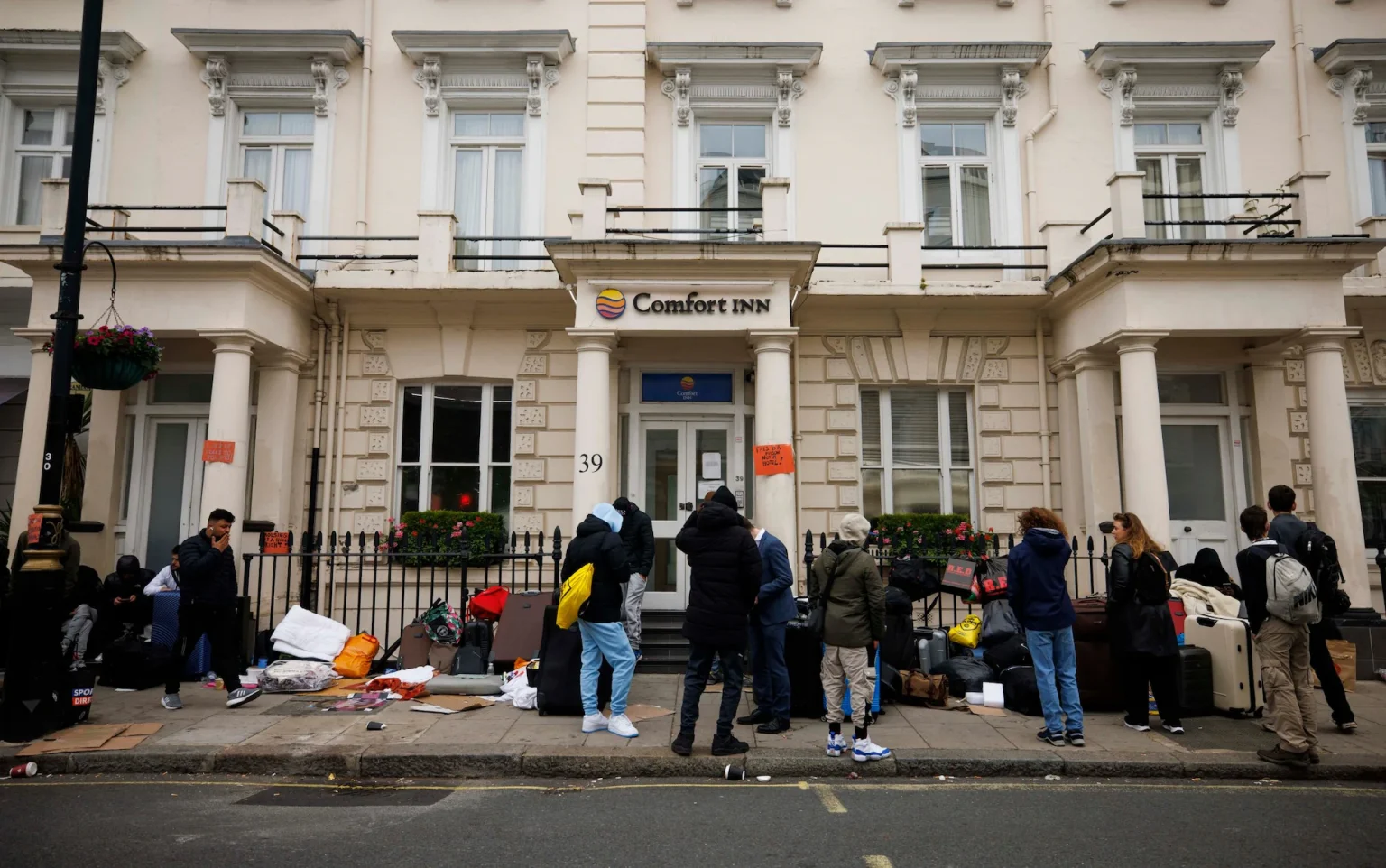As part of efforts to reduce the number of migrants housed in hotels, Home Secretary Yvette Cooper has revealed that the government is exploring the use of industrial and military sites, including warehouses as alternative accommodation for asylum seekers.
During an interview, Cooper confirmed that warehouses are one of the things being looked at as the government ramps up plans to phase out the use of costly hotel accommodation.
This development comes ahead of a cross-government ministerial meeting, to be chaired by Prime Minister Sir Keir Starmer, focused on expediting the closure of asylum hotels.
A Downing Street spokesperson confirmed that the use of modular buildings on disused industrial and ex-military sites is also under active consideration as a more cost-effective solution.
The government is also reportedly considering the introduction of national digital ID cards, a move aimed at tackling illegal immigration and reducing benefit fraud.
A spokesperson said ministers are willing to look at what works when it comes to stopping undocumented migrants from working in the black economy.
Currently, more than 32,000 asylum seekers are being accommodated in over 200 hotels, costing taxpayers £5.77 million per day down from £8.3 million per day last year. While Labour’s manifesto pledged to end hotel use by the end of the Parliament in 2029, Cooper has signalled a desire to meet that target earlier. “We do believe it can be done earlier,” she said, although she declined to commit to a specific timetable.
The UK now has more unused warehouse space than at any time since 2011, with over 60 million square feet currently sitting vacant. This surplus follows a scaling back by major retailers and uncertainty around future business rate reforms.
Cooper also confirmed the Home Office is in discussions with local councils to identify other accommodation options, including former student housing, disused office buildings, government-owned properties, and old teacher training colleges. Other measures under consideration include increased room-sharing, tightening eligibility for state-funded accommodation, and reconfiguring existing asylum housing.
The shortage of available accommodation has been worsened by a record number of small boat arrivals across the English Channel. So far this year, over 29,000 people have arrived, nearly 50% more than at the same point last year and the highest total since such crossings began in 2018. Asylum applications have also reached a record 111,000 over the past year.
Speaking to the media, Cooper acknowledged that housing asylum seekers in high-value homes, such as £300,000 properties in Suffolk, is inappropriate and unsustainable. “We need fewer people in the asylum system so we don’t have people in costly accommodation that is being funded by the taxpayer for long periods of time,” she said.
While the Home Office has nearly tripled its processing capacity now handling 31,000 asylum cases per quarter demand for housing remains high. A major government contractor recently issued an urgent call for 5,000 new properties to accommodate up to 20,000 migrants.
Contingency housing sites are already in use, such as the former RAF base at Wethersfield in Essex, where the government has raised the capacity from 800 to 1,245 people. This site, inherited from the previous Conservative administration, is currently the only large-scale facility being used after Labour abandoned plans to utilise the Bibby Stockholm barge and RAF Scampton.
Cooper also defended the government’s legal appeal to keep the Bell Hotel in Epping open for asylum seekers, after the local council obtained a temporary closure injunction. She said closures must be done in an orderly and planned manner, not through rushed or disjointed decisions.
However, the Home Secretary declined to guarantee that asylum seekers will be returned to France starting this month under a new returns agreement. She said only that the first returns are expected in September.



